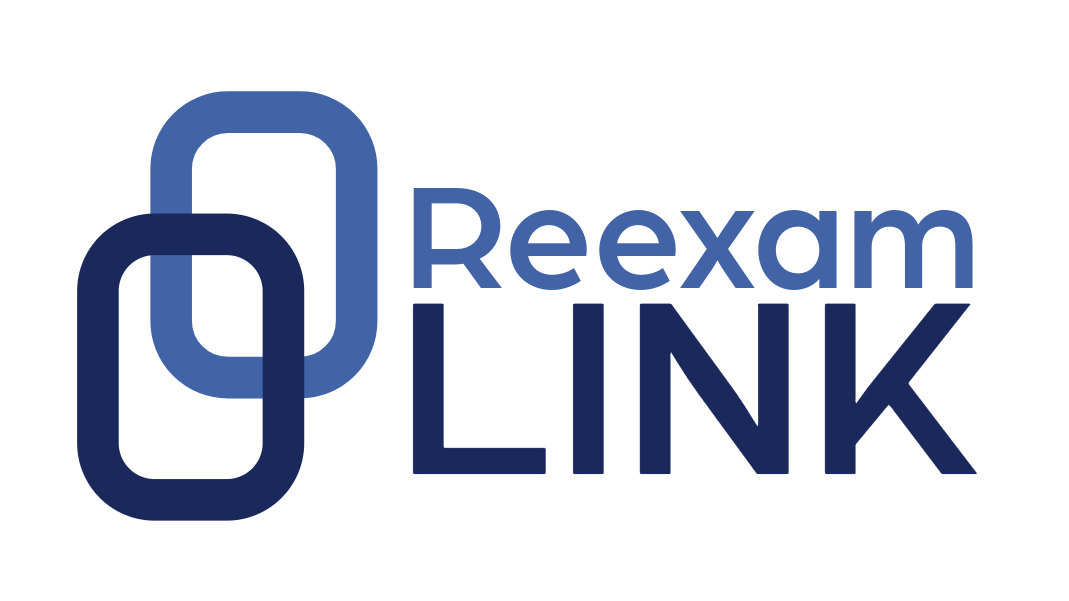Tag: Bianchi
-
In re Tanaka
Suppose you issued a patent with several claims, including dependent claims. Now, suppose you wished you had claimed and issued a certain dependent claim, but did not have it in the originally issued patent. That new dependent claim is narrower than your independent claim that issued, so this is not a case of a broadening reissue. Now…
-
The Effect of Amendment in Reexam on Past Damages
Generally speaking, patent claims that are confirmed in reexamination without substantive changes retain all of the damages they would have obtained as if there was no reexam. [Note that there are always exceptional situations. For example, there are patent cases where a claim was not amended, but its scope was deemed to have been altered by cancellation…
-
Patent Prosecution in View of Reexamination
In my last post I introduced reexamination briefly. Once you understand that patent claims can be cancelled in a reexamination, it begs the question of how patent applications and claims can be drafted to survive reexamination. I have both good news and bad news. THE BAD NEWS The bad news is that it is impossible to know all of the prior art…
-
Introduction: Why all of the interest in reexamination?
How many times have you heard: “They got a patent on that! There’s nothing new about that. It’s been out there for years!”? For those versed in patent matters, that is not a surprising reaction to certain issued patents. The patent issuance procedure in the U.S. relies on examination of a patent application. The sources and tools for examination are increasing…
-
What is www.ReexamLink.com?
Welcome to www.ReexamLink.com. It is a blog about patent reexamination, reissue, opposition and related patent procedures. ReexamLink.com will include the interplay between ex parte prosecution, reexamination, litigation, and appeals. It is intended to provide useful content for litigators, prosecutors, and anyone interested in patent law. Please send any comments, corrections, or suggestions to make the blog better. Tim Bianchi
